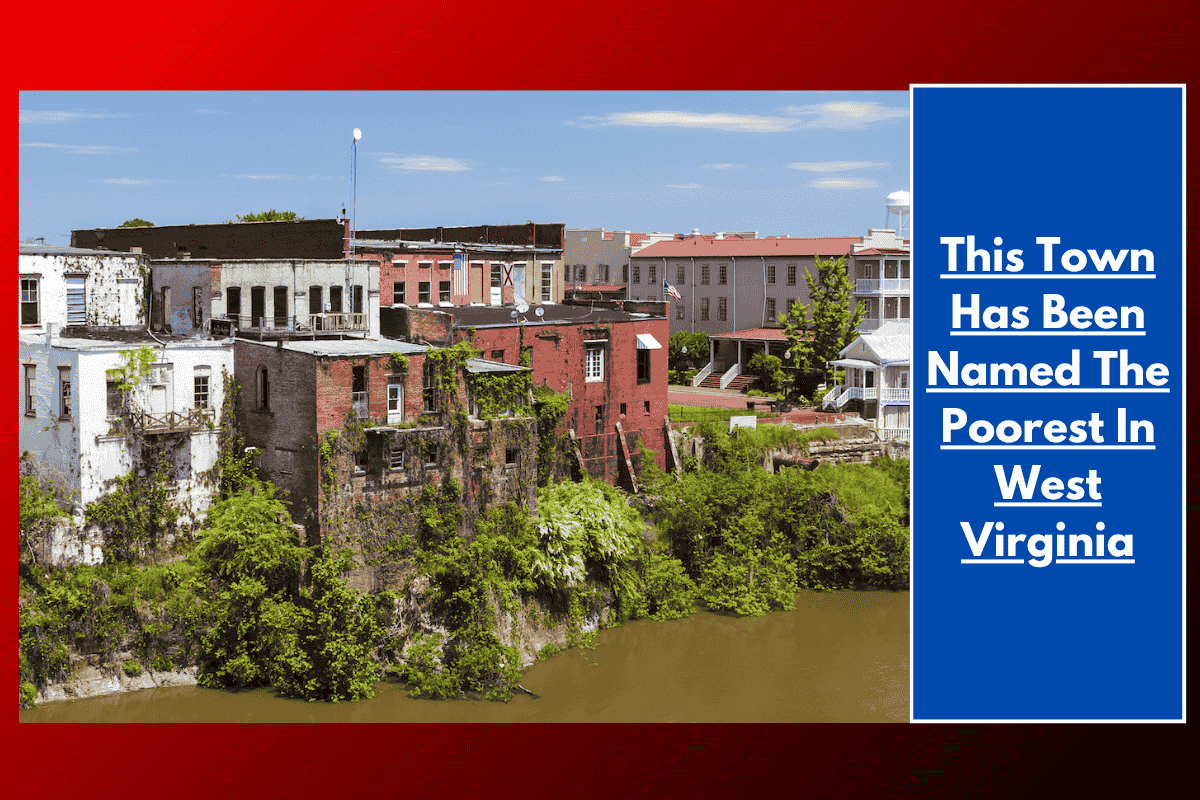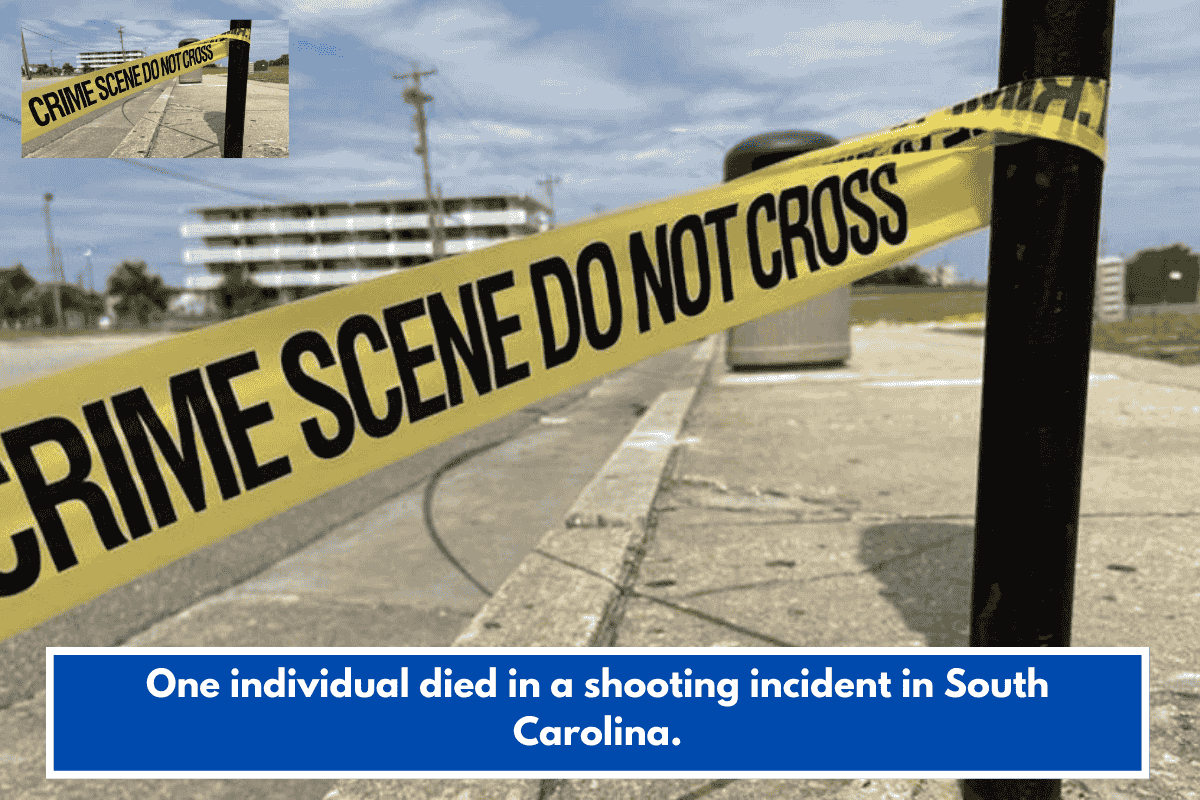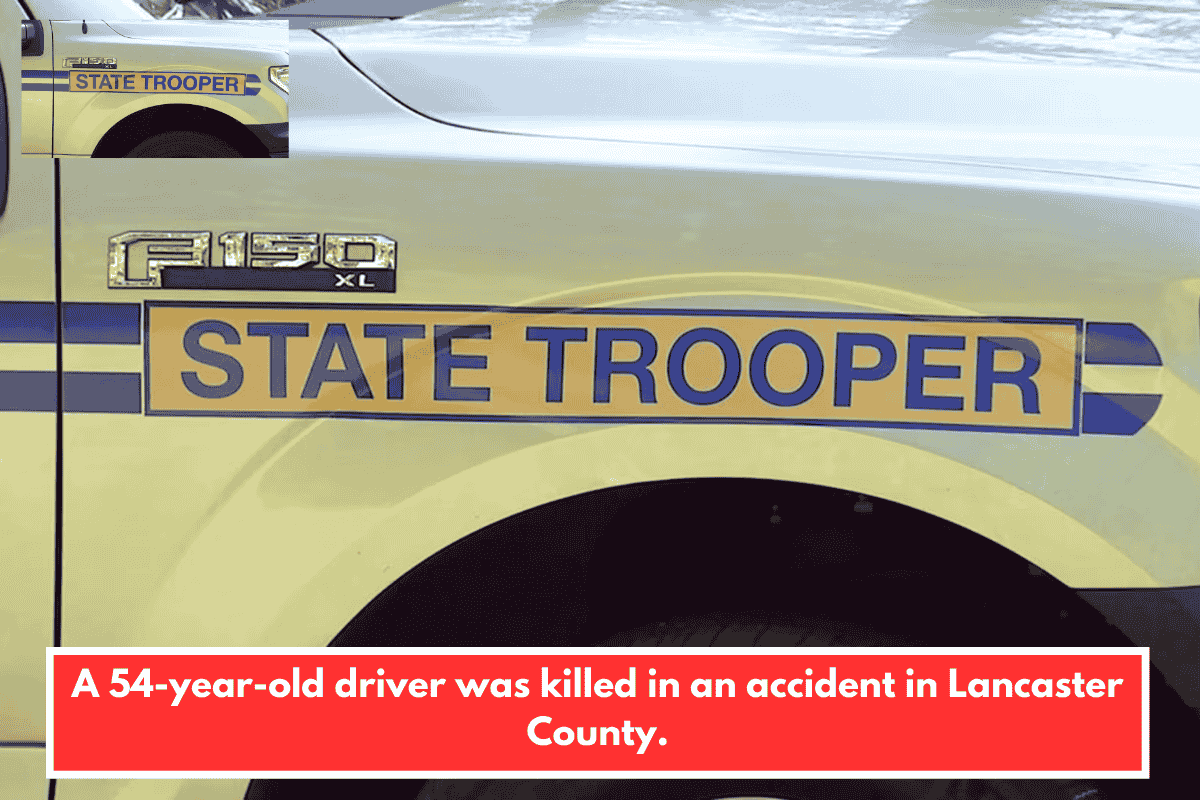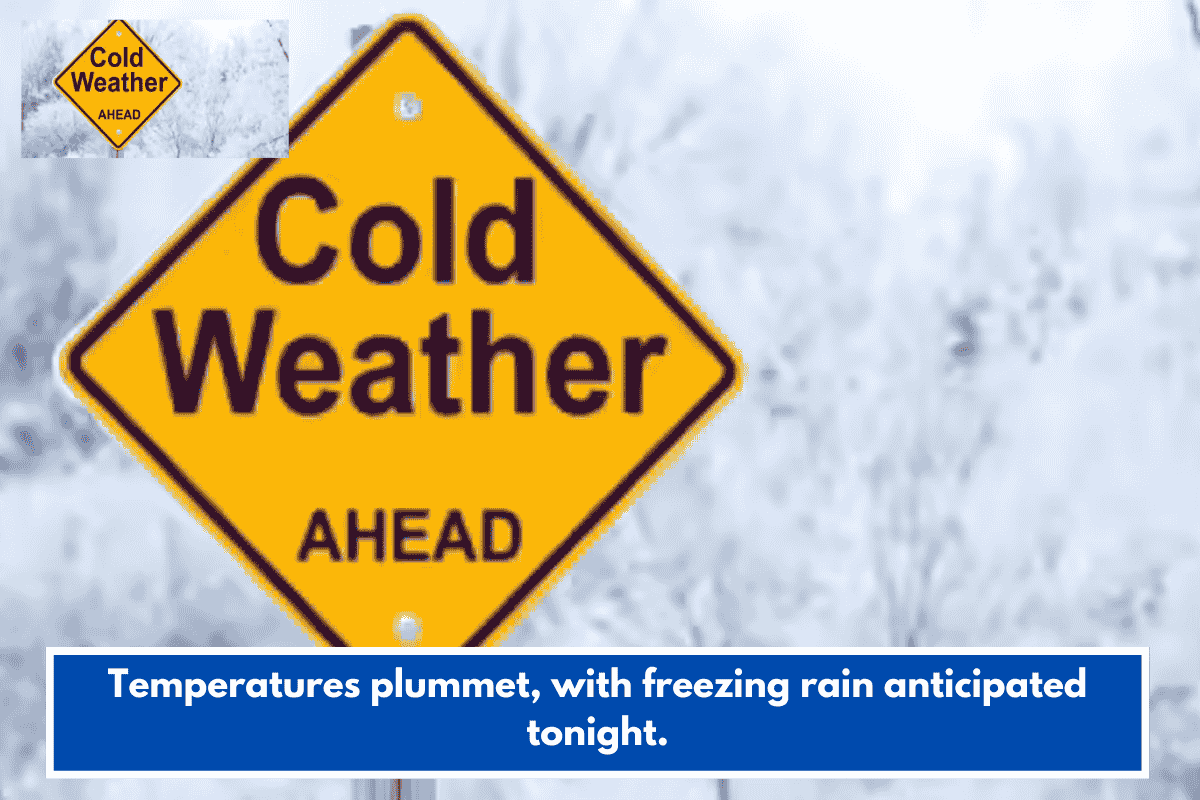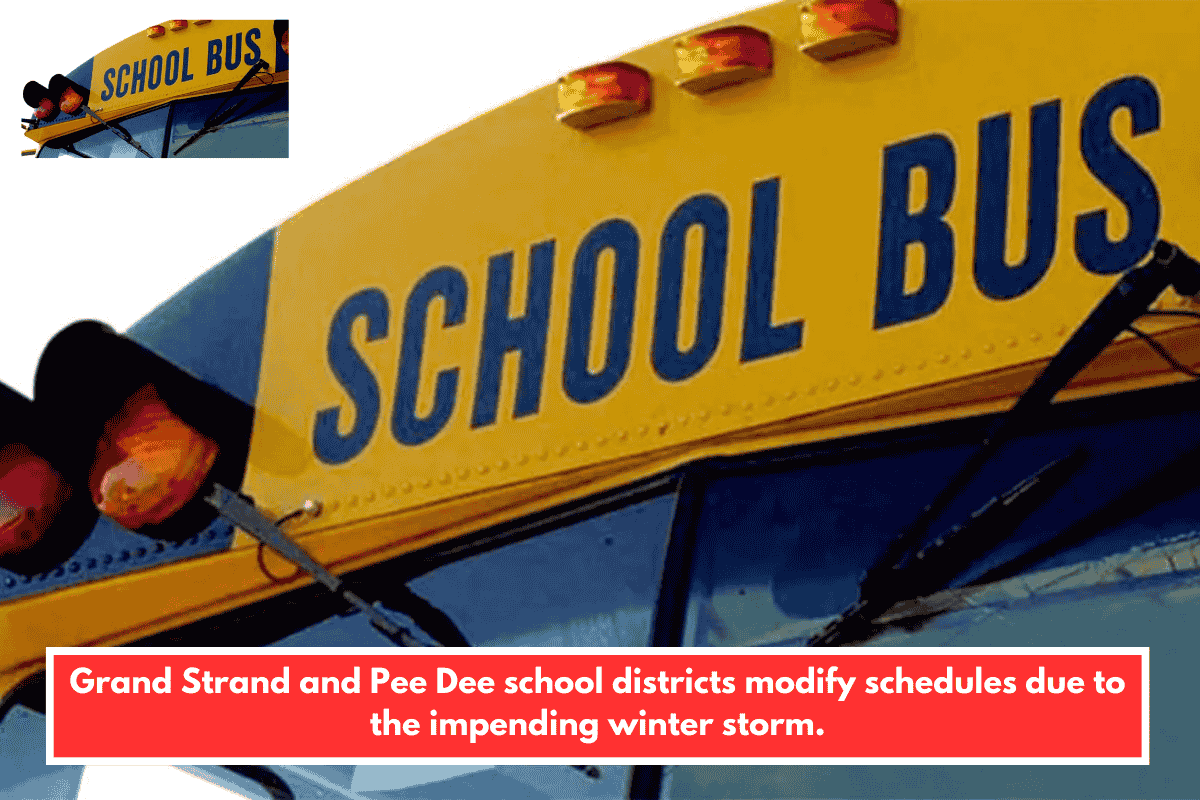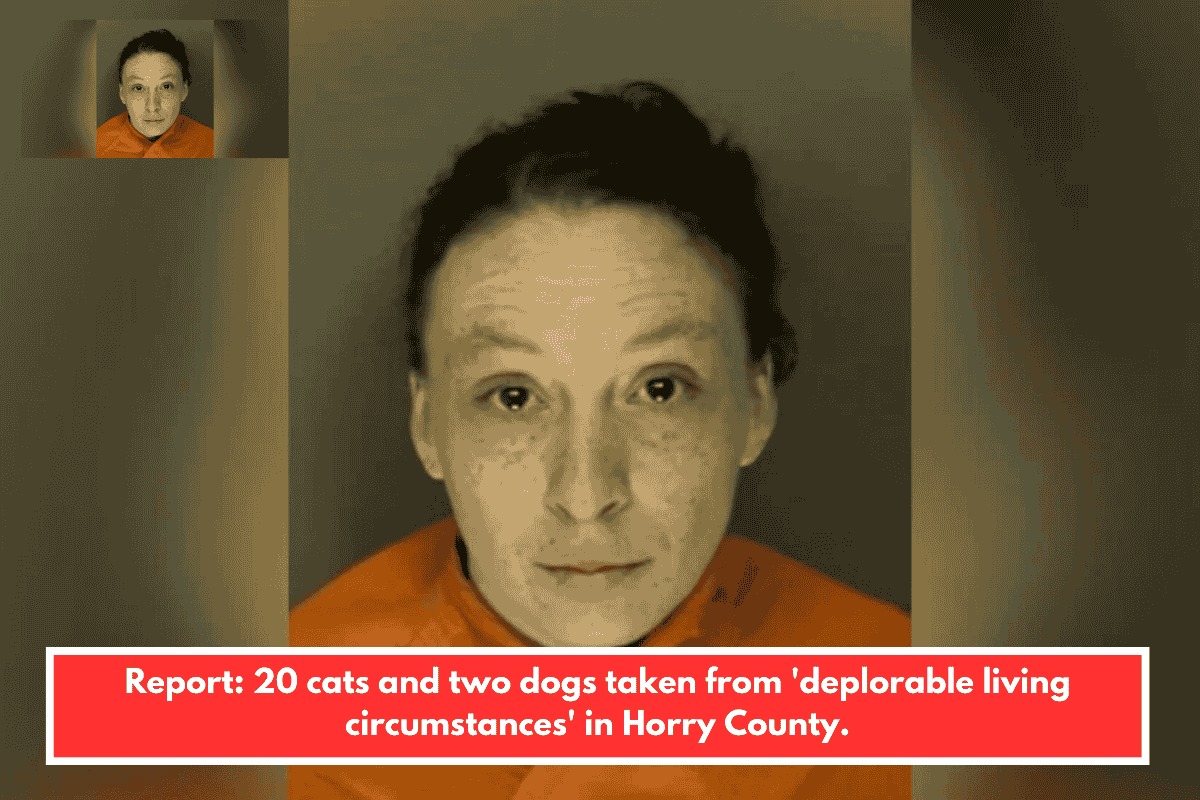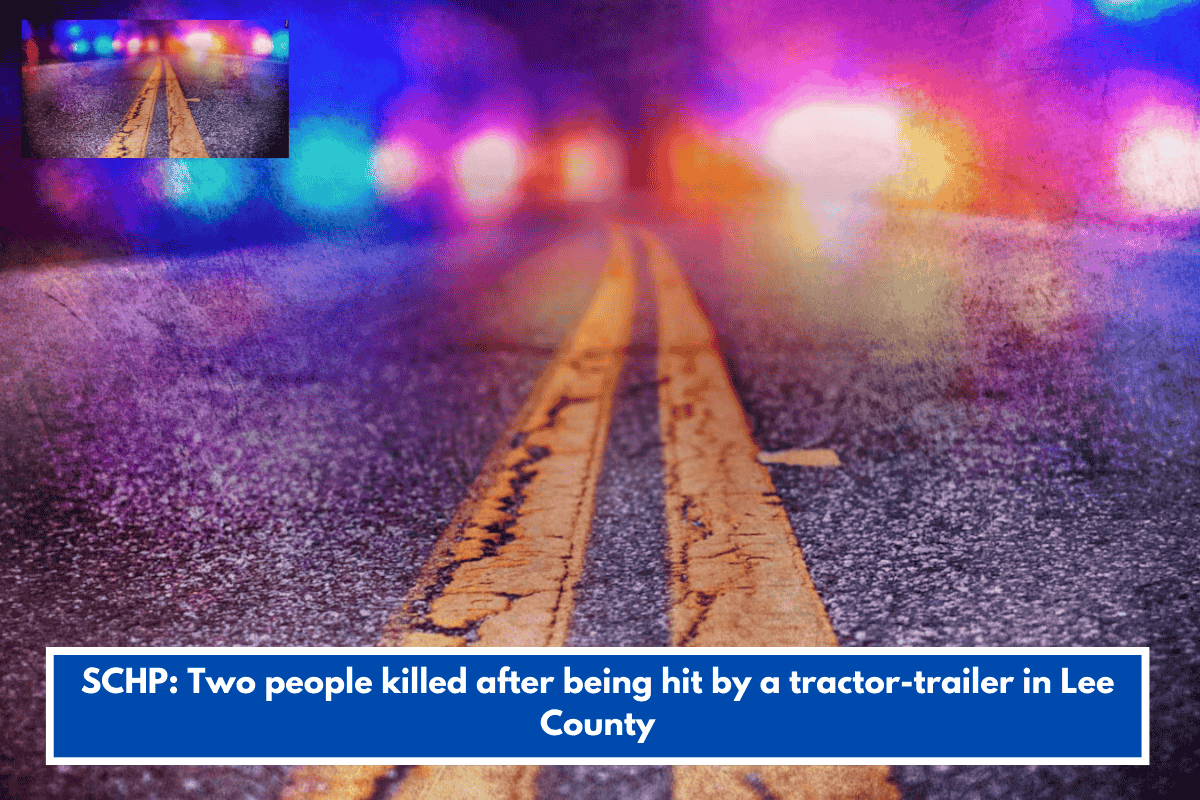West Virginia, like many states, has a mix of thriving communities and struggling towns. Recently, one town in the state has been officially recognized as the poorest in West Virginia, shedding light on the economic challenges facing its residents. This distinction highlights the need for economic development and social support in the area. Let’s take a closer look at which town holds this title and the factors contributing to its financial struggles.
The Poorest Town in West Virginia: A Look at the Numbers
The title of the poorest town in West Virginia has been given to Coalton, a small town located in the northeastern part of the state, in Randolph County. According to recent census data and income statistics, Coalton’s median household income is significantly lower than the state average, making it the most economically challenged town in the region.
In Coalton, the median income is reported to be well below $25,000 per year, which is considerably lower than the state median income of around $48,000. Many residents in this town face high unemployment rates, limited access to resources, and struggles with poverty that impact their day-to-day lives.
Factors Contributing to Poverty in Coalton
Several factors have contributed to Coalton’s current financial situation:
- Decline of the Coal Industry: Historically, Coalton, like many towns in West Virginia, was heavily dependent on coal mining. However, with the decline of the coal industry in recent decades, many jobs that once supported the community have disappeared. As coal mines have closed, the region has struggled to find new sources of employment, contributing to economic stagnation.
- Lack of Job Opportunities: While West Virginia has attempted to diversify its economy, many small towns like Coalton continue to face a lack of local job opportunities. With few industries and businesses in the area, residents often have to travel long distances to find work, making it difficult to sustain stable incomes.
- Education and Skill Gaps: Education levels in Coalton are generally lower than the state average, with many residents having limited access to higher education or job training programs. This lack of education and skills training further limits the employment opportunities available to individuals, contributing to long-term poverty.
- Limited Access to Healthcare and Social Services: Many of West Virginia’s rural towns, including Coalton, also face challenges when it comes to accessing healthcare and social services. A shortage of healthcare providers and support programs means that many residents do not have the resources they need to improve their quality of life.
- Aging Population: Coalton, like many rural towns in the U.S., has an aging population. As older residents retire or face health issues, they often rely on fixed incomes such as Social Security, which are often not enough to cover rising living costs, further contributing to the town’s poverty levels.
The Struggles of Living in a Poorest Town
Living in one of the poorest towns in the state brings numerous challenges for residents. In Coalton, low household incomes and high rates of poverty mean that many people struggle to afford basic necessities like food, housing, and healthcare. Families often find it difficult to make ends meet, and there are limited opportunities for upward mobility.
In addition, the lack of investment in infrastructure and local services can make it harder for residents to improve their lives. Coalton, like many other impoverished towns, faces challenges such as deteriorating roads, outdated facilities, and limited access to modern conveniences.
Efforts for Change
Despite the hardships, Coalton has not been forgotten. Various local, state, and federal programs are working to bring attention to the economic struggles of the town and the surrounding area. Efforts include:
Economic Diversification: Community leaders are exploring ways to diversify the local economy by promoting industries such as tourism, renewable energy, and technology. West Virginia’s natural beauty, including national forests and state parks, offers potential for growth in the tourism sector.
Job Training and Education Programs: Several organizations are working to provide job training and educational opportunities for the residents of Coalton, particularly for young people and adults seeking to transition into new fields.
Community Outreach: Local charities and non-profits are working to provide assistance to families in need, offering food, housing support, and other social services to help ease the burden of poverty.
Looking Ahead: Hope for the Future
While Coalton is currently facing significant economic challenges, there is hope for the future. With efforts focused on diversifying the economy, improving access to education and training, and investing in community support systems, there is potential for positive change. It will take time, effort, and collaboration, but towns like Coalton can work toward a brighter, more sustainable future for their residents.
Coalton, recognized as the poorest town in West Virginia, highlights the struggles that many small, rural communities face in the state. While the town battles issues like economic decline, a lack of job opportunities, and an aging population, efforts to revitalize the community and invest in its future are underway. With continued support and innovation, there’s hope that towns like Coalton can overcome poverty and build a stronger future for their residents.
SOURCES
[1] https://www.homestratosphere.com/worst-towns-for-retirement-in-west-virginia-in-2025/
[2] https://hdpulse.nimhd.nih.gov/data-portal/social/poverty/map?statefips=54&demo=00007
[3] https://www.youtube.com/watch?v=OzQ52cJ8b7I
[4] https://www.instagram.com/reel/DBt4MZqyXQ/
[5] https://www.roadsnacks.net/poorest-places-in-west-virginia/

